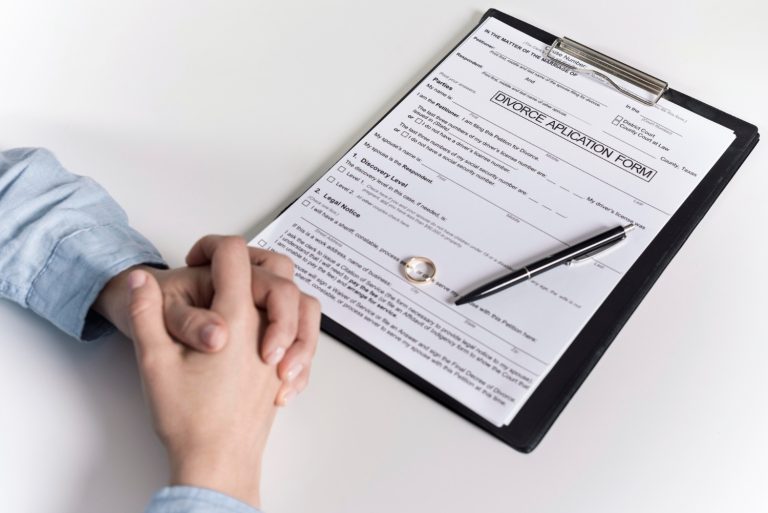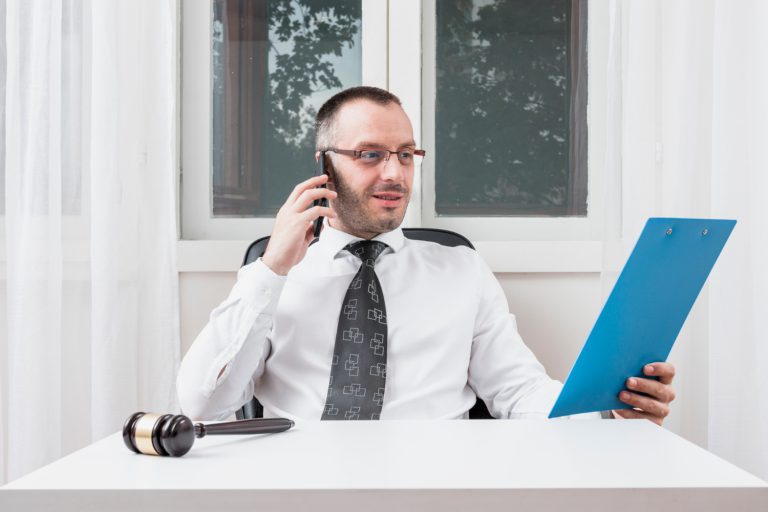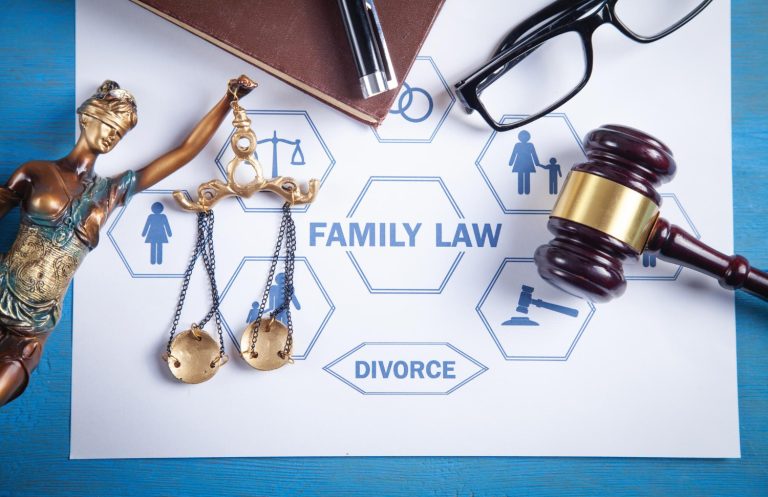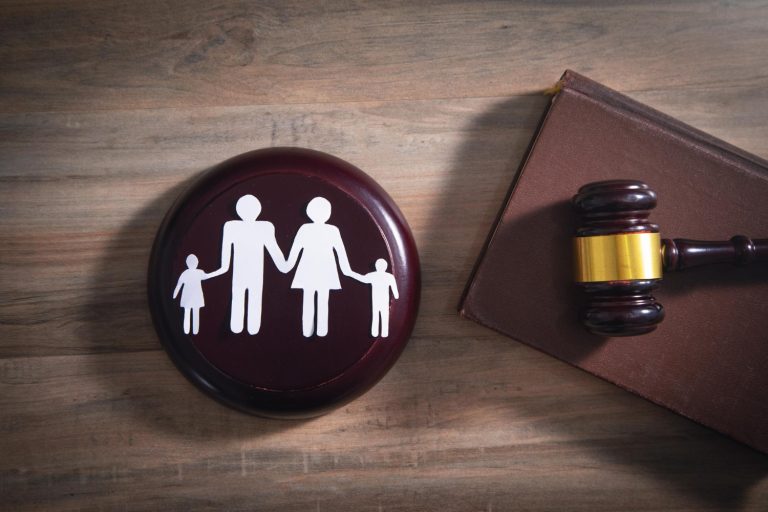As an experienced divorce lawyer at MenduniMartindill, I often get asked, “What is a certified family law specialist?” It’s a term that might sound technical, but it’s incredibly important for anyone going through family-related legal issues.
In essence, a certified family law specialist has undergone rigorous additional training and has proven their expertise in this specific field. If you’re facing a divorce, child custody battle, or any family law matter, you deserve to know what makes these specialists uniquely qualified to help you navigate such challenging times.
As indicated in the American Bar Association, a certified family law specialist is a lawyer recognized for expertise in family law. They have extra training and have passed a test in this field. They help with matters like divorce and child custody.
Definition of a Family Law Specialist
A family law specialist is an expert attorney dedicated to navigating the various problems that may occur of legal matters within familial relationships.
Family law covers things like divorce, child custody, adoption, domestic violence, and other family-related matters. Experts in family law know a lot about the rules and processes for these cases. They guide clients through the legal system, defend their rights, and look out for their best interests.
Family law experts work closely with clients to understand their specific needs and create custom legal solutions. They offer advice, negotiate deals, represent clients in court, and help families make fair agreements. These specialists are important in helping people settle difficult issues and move on with their lives.
Qualifications Required for Certification
To become certified, candidates usually need to fulfill educational or training prerequisites, gain relevant work experience, and successfully pass a standardized exam.
To get certified, people usually need a high school diploma or something similar. They also often need to complete a training program or get a relevant degree from a recognized school. Moreover, they might need to show they have worked in the field for a certain amount of time.
After meeting these requirements, candidates typically have to pass a test that checks their knowledge and skills in that area. This test ensures that they are capable and qualified to do the job well. Essentially, sometimes, there may be extra steps, like taking more education courses or passing a background check. It’s important for those seeking certification to carefully check the specific rules and requirements of the certifying organization.
Roles and Responsibilities
Roles and responsibilities define the unique tasks and duties each individual contributes to the organization’s success.
Roles tell us what position or job someone has, while responsibilities are the tasks and duties that come with the job.
In any group or organization, everyone has a specific role that helps the group succeed. These roles can change based on what the organization needs or the type of work they do. It’s important for each person to know their role so they can do their job well.
Roles and responsibilities give clear structure to a team. They make sure that work is shared among team members in a way that boosts productivity and efficiency. At the base by clearly stating who does what, they help avoid confusion and prevent anyone from doing the same task twice.
People also need to understand what’s expected of them in their roles. This means meeting deadlines, communicating well with team members, and taking charge of their tasks. When everyone does their part, it helps the team and the organization reach their goals.
Roles and responsibilities are key to good teamwork and organizational success. When people know and do their jobs, the whole team can achieve its goals.
Benefits of Hiring a Specialist
Specialists offer unmatched expertise, leading to more efficient and high-quality outcomes.
Experts have in-depth knowledge and skills in their field, allowing them to offer high-quality and tailored solutions. Their special skills make their work stand out and ensure it’s of a higher standard than generalists.
Experts can provide unique views and insights that generalists might not have. They can handle complicated problems and find innovative solutions, often more quickly and effectively than those without specialized training.
Experts also often have a network of contacts and resources in their industry. This network is valuable for tackling tough or niche problems that need collaboration and diverse input.
Hiring an expert means organizations get top talent without needing to invest heavily in training. This can save costs and improve performance, as experts can start delivering results right away.

How to Verify Certification
The first step in verifying a certification is to identify the issuing organization.
Check their website or the certificate for contact details. Get in touch by email or phone. Give them your name, certification number, and any other needed info. Wait for them to confirm if the certification is real.
You might need to send more documents or pay a fee. If they can’t verify it, look deeper or ask another source. Always be careful of fake certifications and don’t share personal info with shady sources.
The Final Word
A certified family law specialist is a legal professional who has undergone rigorous training and testing to demonstrate expertise in complex family law matters.
What MenduniMartindill is guiding you through is, they possess a deep understanding of various issues such as divorce, child custody, and spousal support, making them an invaluable resource for individuals navigating the various problems that may occur of family law disputes.
References
- “Becoming a Family Law Specialist” by American Bar Association, American Bar Association, Rule Scenarios
- “Family Law Specialization in Australia: A Critical Appraisal” by Michael Nicholls, LexisNexis Butterworths, Michael Nicholls
- “Certification in Family Law: The State of the Art” by Jacqueline Jay, New York University Press, Jacqueline Jay






